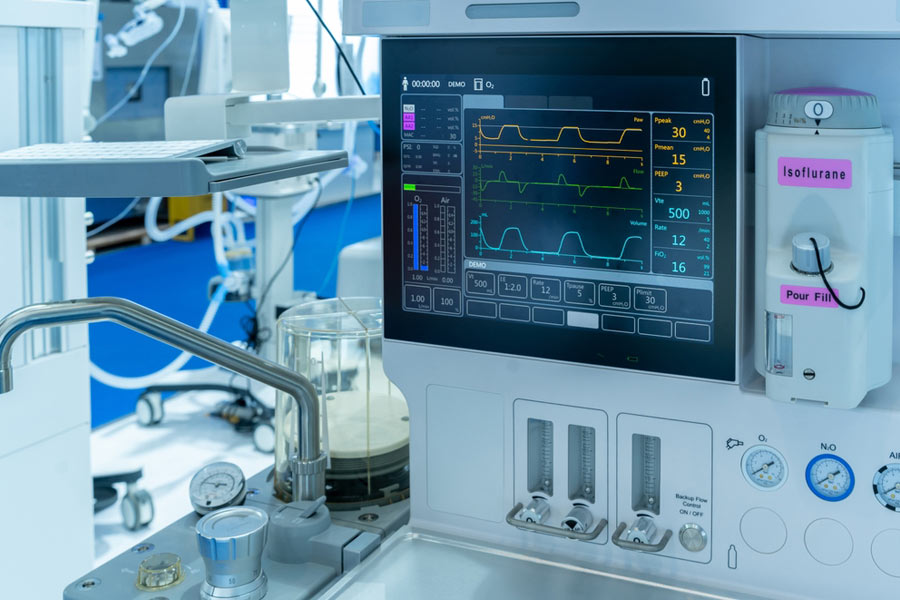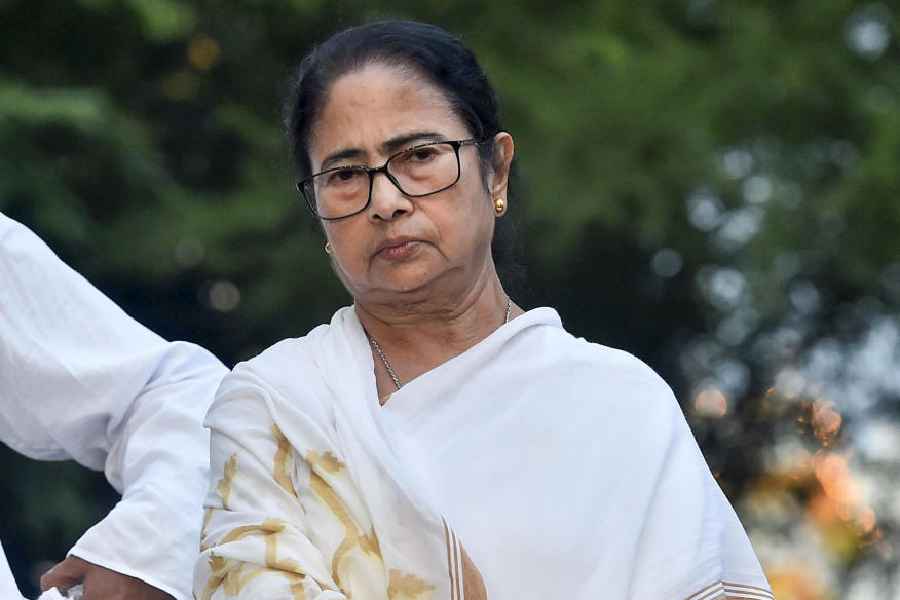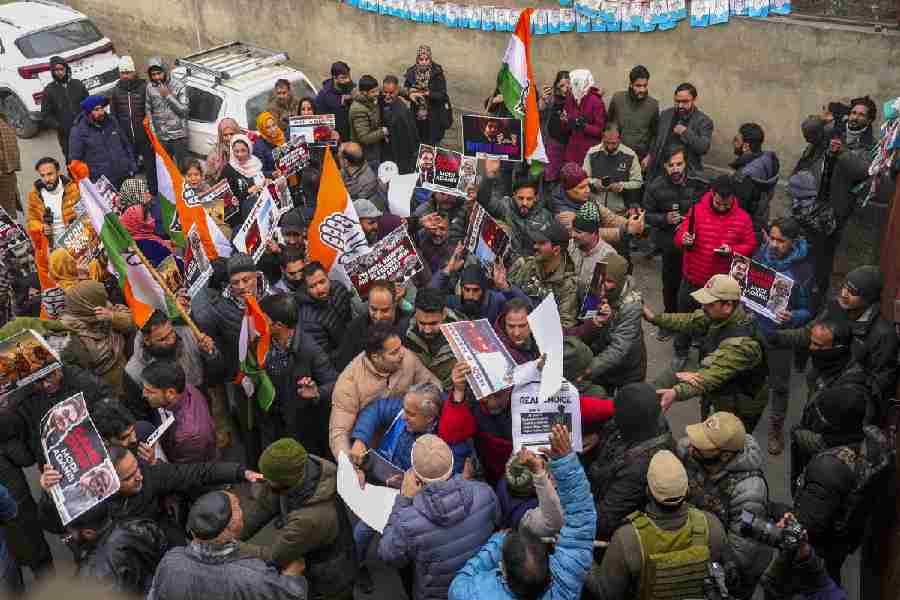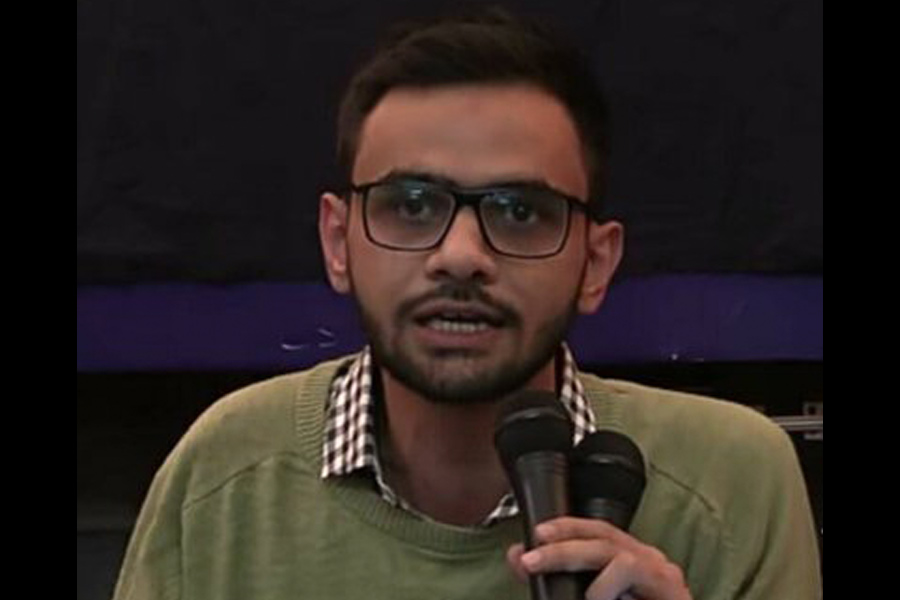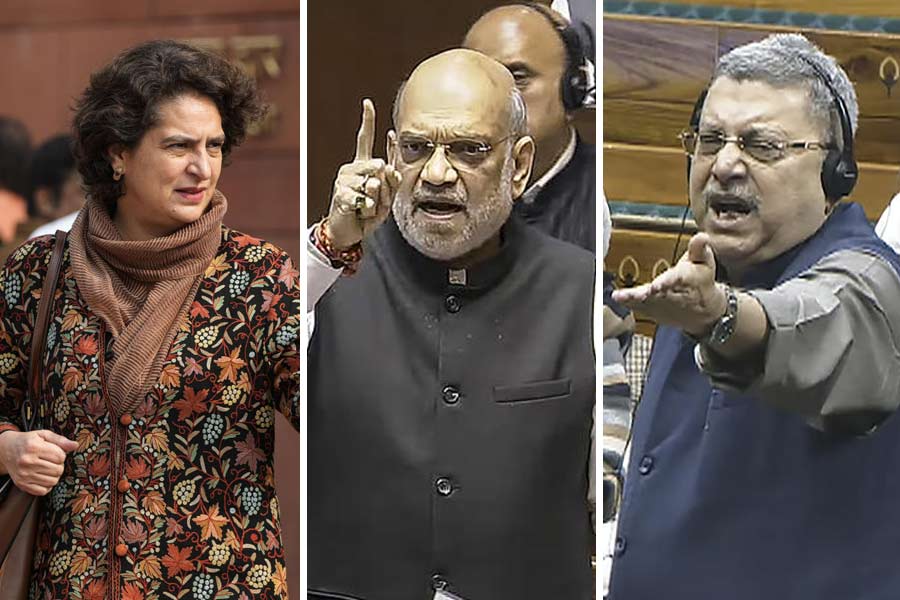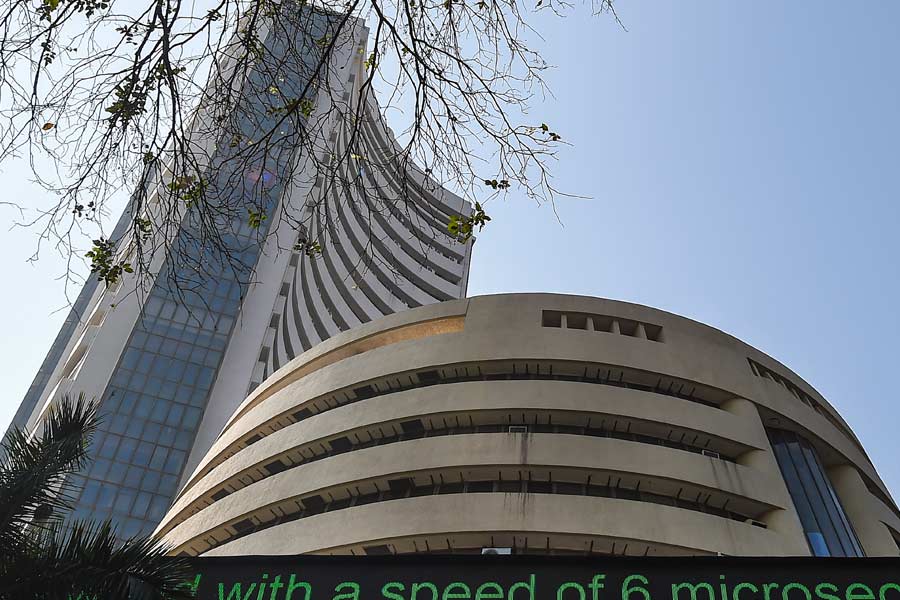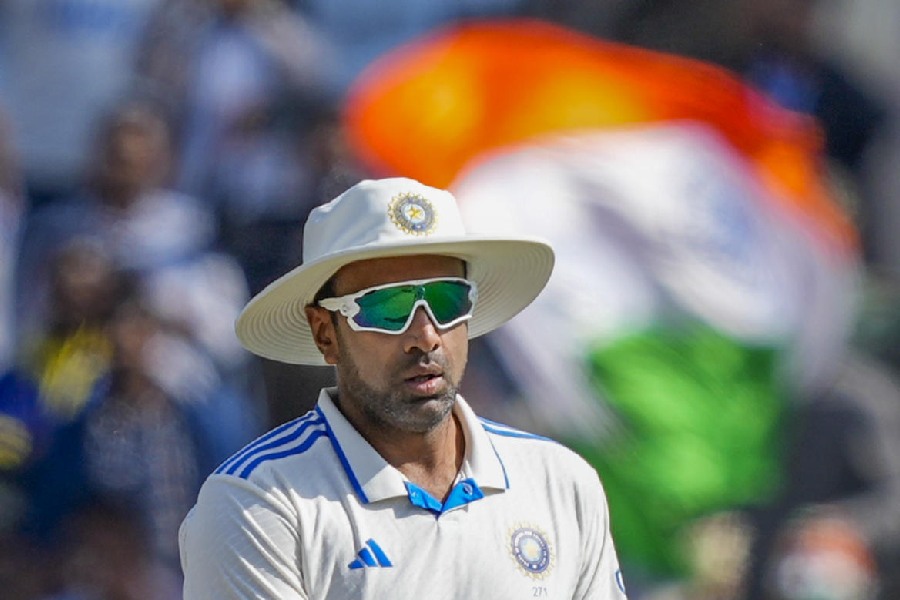A Bangladeshi couple, whose nine-month-old son got a fresh lease of life after a Kolkata hospital treated him for a rare disease, is now anxious about getting a visa to come to the city for the child’s post-surgery checkup.
The infant, Ridwan Habib Ilham, a resident of Jessore district of Bangladesh, was diagnosed with 'Craniosynostosis' in which the skull bones fuse prematurely hindering brain growth and eventually leading to an abnormal shape of the head.
“We took our child to a private hospital in Kolkata and, following a successful reconstructive surgery, we brought him back to Bangladesh,” the baby’s father Ahsan Habib Rubel told PTI from Benapole in the neighbouring country.
But that was in June, a few weeks before Bangladesh was gripped by a crisis that forced Prime Minister Sheikh Hasina to quit and come to India in August. Following this, the Indian government has restricted issuing visas to the people of the neighbouring country.
A senior doctor in the hospital, where the child was treated, said that a period of six months post-surgery is crucial for such a patient.
"We could not go (to Kolkata) now as getting visas even on medical grounds is a bit difficult. So, we are consulting them virtually. But a physical consultation would have been far better. But the doctors are very cooperative," the father said.
Doctors in the neighbouring nation diagnosed the child with 'Craniosynostosis' six months ago.
"We were quite tense seeing an unusual enlargement of his skull. Doctors found that he was suffering from Craniosynostosis. They recommended immediate surgery," Rubel said.
The diagnosis was confirmed through X-rays and a CT scan and a corrective surgery was recommended, said Dr G R Vijay Kumar, Director of Neurosurgery department in Kolkata’s Fortis Hospital.
“A newborn’s skull consists of small, soft segments connected by membranous sutures, which allow the skull to expand and accommodate brain growth during the first two years of life. In Craniosynostosis, one or more segments fuse prematurely, restricting normal skull and brain development and resulting in an abnormal head shape. If left untreated, it can lead to complications beyond cosmetic concerns,” Kumar said.
A team of doctors, led by Kumar, performed a nearly 4.5-hour-long surgery to reconstruct the infant's skull and was discharged within six days after the surgery.
Talking about the treatment, the doctor said that the coronal suture (the joint where the frontal bone connects to the parietal bones) of the infant was fused prematurely, significantly impacting the child's skull and facial structure.
"The affected areas of the skull were exposed, and the deformed sections were carefully removed, reshaped, and then re-attached, allowing the skull to grow normally as the child grows," he said.
Additionally, an orbitofrontal advancement was performed, where the entire roof of the eye sockets and nose was detached and repositioned forward to ensure proper alignment, Kumar explained.
The parents could visit the hospital only once for a checkup following the surgery and one more physical consultation is necessary, the boy’s father said.
Except for the headline, this story has not been edited by The Telegraph Online staff and has been published from a syndicated feed.

